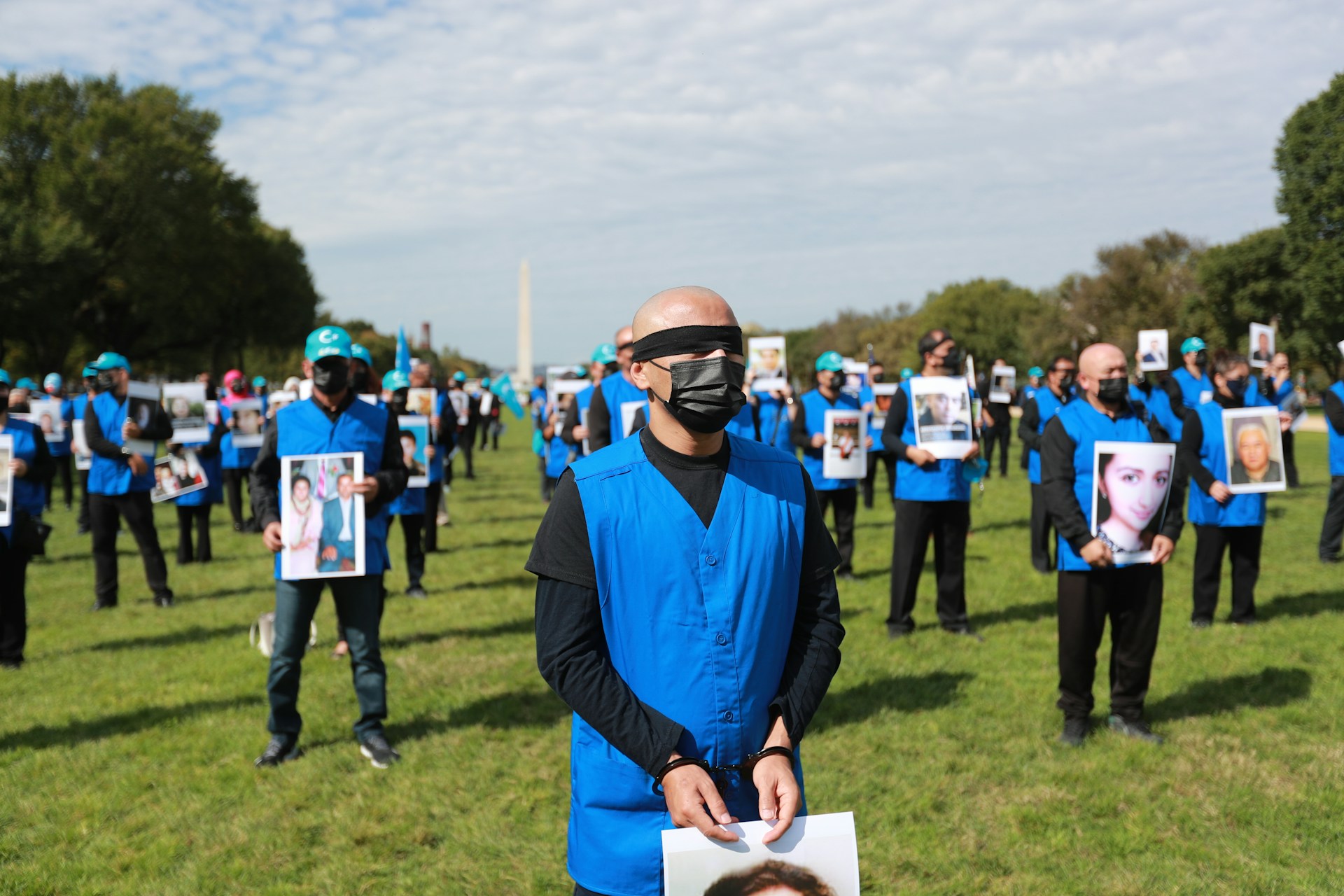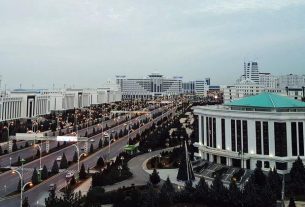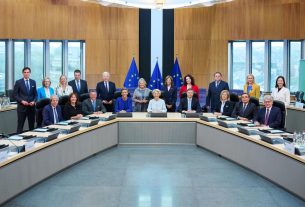The appointment of Karla Quintana as head of the Independent Institution on Missing Persons in the Syrian Arab Republic (IIMP) marks a pivotal step in addressing one of Syria’s most enduring human rights tragedies: the disappearance of thousands of individuals during the years of conflict and government repression. Quintana’s appointment comes after a year and a half of preparatory work by the UN Human Rights Office, laying the groundwork for an institution aimed at providing answers to the families of the missing.
Addressing the Suffering of Families
UN High Commissioner for Human Rights Volker Türk has stressed the immense significance of this institution, especially in light of the recent developments in Syria. The ongoing transition in the country has brought to light the plight of numerous detainees who have been held incommunicado for years. With many prisons recently opening, some detainees have emerged shocked by years of torture and inhumane conditions, while others have expressed joy at their newfound freedom. For the families of the missing, the reopening of these prisons provides a bittersweet glimmer of hope but also compounds their anguish as many still await news of their loved ones.
Families of the missing individuals deserve clarity about the fate of their relatives, and they have an urgent need for mental health and psychosocial support. The IIMP’s mandate is to provide just that—helping to address the profound emotional and psychological toll that years of uncertainty and trauma have caused.
The Role of International Mechanisms
While the IIMP will focus on directly alleviating the suffering of those affected by disappearances, the broader UN framework remains essential in ensuring that justice is served and accountability is achieved. Other international bodies, such as the Independent International Commission of Inquiry on Syria (COI) and the International, Impartial, and Independent Mechanism (IIIM), will continue to monitor and document human rights violations within their respective mandates. These organizations aim to collect crucial evidence regarding both past and ongoing abuses, ensuring that all violations are recorded and those responsible are held accountable.
The High Commissioner has announced plans to deploy a small team of human rights officers to Syria next week. Their task will be to support the UN’s ongoing human rights efforts in the region, particularly in the context of Syria’s ongoing political transition. This team will also work to ensure that the transition process aligns with international law and human rights standards.
Transitional Justice and the Path Forward
As Syria navigates its future, transitional justice and community trust-building will be vital for long-term peace and stability. Türk has highlighted the need for an inclusive transition that addresses the immense suffering of Syrians. A critical component of this process will be the collection and preservation of evidence—particularly regarding mass graves, records from prisons and detention centers, and other state-controlled archives. This documentation is essential for ensuring that the truth about past violations is fully understood and for holding perpetrators to account.
The High Commissioner has repeatedly emphasized that human rights must be central to any future transition in Syria. This means ensuring that the rights of all Syrians—regardless of their gender, ethnicity, religion, or background—are respected, protected, and fulfilled. Any process of reconciliation or rebuilding must be rooted in justice and human rights to ensure that Syria does not repeat the mistakes of the past.
Immediate Action Required
In the meantime, Türk has called on the caretaker authorities in Syria to take immediate steps to preserve evidence of past violations. This includes securing documents and materials that can shed light on the scale of state-sponsored abuses. Preserving this evidence is not only vital for the families of the missing, but also for future accountability.
Security restoration remains a critical priority for the caretaker authorities, and the High Commissioner has stressed that those accused of committing crimes must face justice in accordance with international human rights standards. Furthermore, the protection and rights of vulnerable groups, such as women, children, and marginalized ethnic and religious communities, must be prioritized as Syria moves toward a more inclusive society.
Conclusion
The creation of the IIMP and the ongoing efforts by the UN High Commissioner for Human Rights represent a crucial turning point in Syria’s long journey toward justice and reconciliation. The families of the missing have endured unimaginable suffering and deserve to know the fate of their loved ones. By ensuring that human rights are at the center of Syria’s political transition, the international community can help pave the way for a future where justice, accountability, and dignity are upheld for all Syrians.
The challenges are immense, but with concerted effort, the institutions of justice, documentation, and human rights can provide the answers and healing that Syria desperately needs. The international community must continue to support these efforts, working together to ensure that the human rights of all Syrians are protected, respected, and fulfilled.
Photo by Kuzzat Altay on Unsplash



